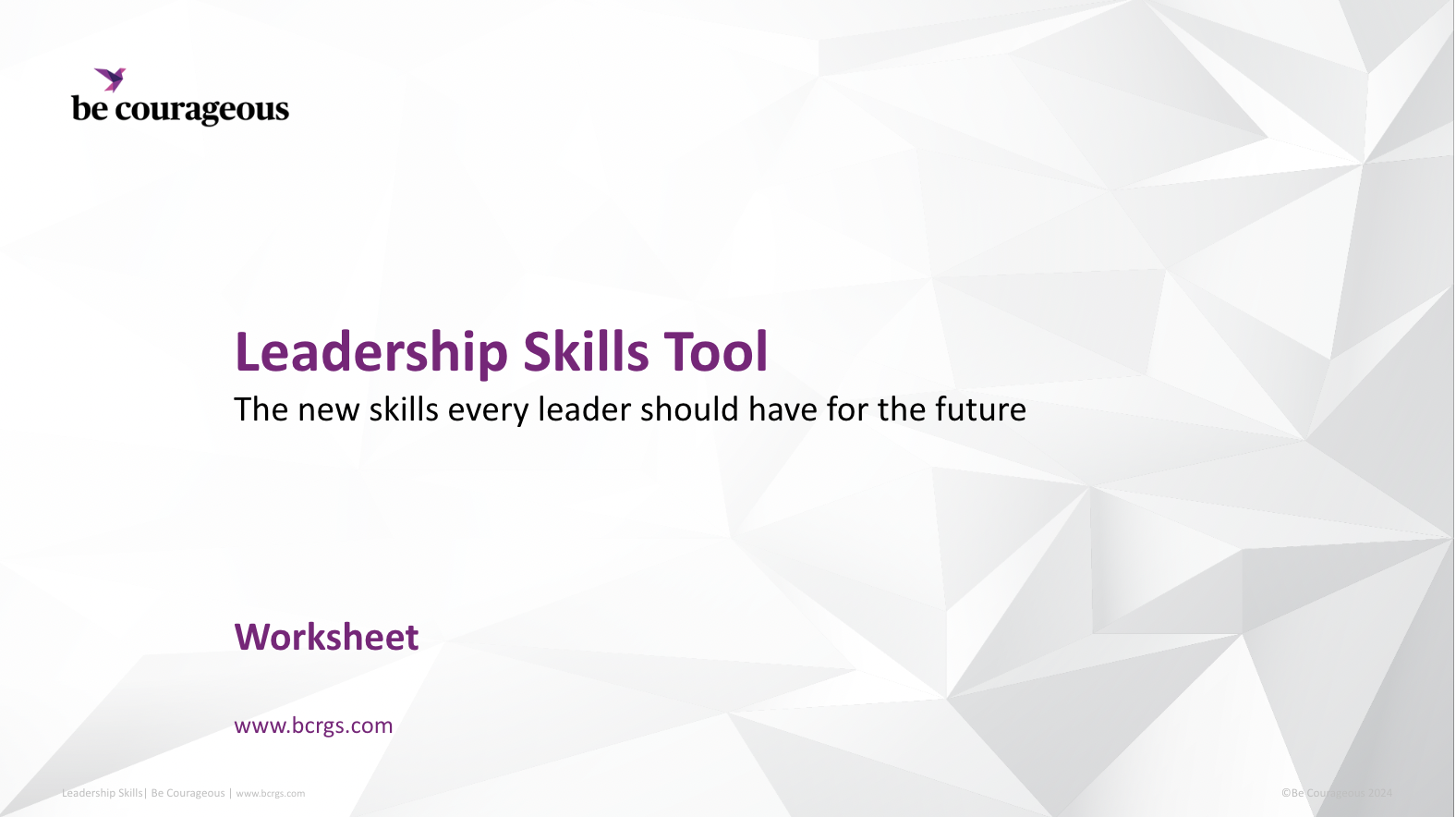The new skills every leader should have for the future.
Companies we’ve been working with lately
We are incredibly grateful that we get to travel the world and work with the top senior leaders and teams across a vast industry spectrum. It’s fascinating to notice there are more similarities than differences between them in what they strive to achieve and what they face as challenges and obstacles.
Just this past year, so far, the majority of the companies we’ve worked with are about 80% Fortune 1000 level and 20% are fast-growing companies generating over $1B in revenue.
Industries have included:
- Energy, oil and gas
- Mining
- Software/hardware
- Gaming/entertainment
- Fashion
- Fast-moving consumer goods
- Health and wellness
- Medical
- Government
- Food and beverage
- Travel and Transportation
- Agriculture
- Banking and investing
- Waste management
- Beauty/skincare/haircare/makeup
- Semiconductors
- Retail
- Chip manufacturing
- Technology development
- Executive development
To name a few!
The most common leadership focus areas requested for development
The most commonly focused areas of development help requested lately have been:
- Team alignment (ways of working), competency, and skills
- High-level talent development (hiring potential candidates or upskilling talent internally)
- Succession and bench planning
- Competency, roles, responsibilities, and matrix development
- Training and coaching for leadership skills, i.e., decision-making, authority, delegation
- Antifragile training
- Courageous leadership and courageous thinking
- Collaboration, creativity, agility and problem solving and solution-finding skills
Companies want it all
Beyond our work in the field, we’ve also been blessed to be invited to produce and deliver hundreds of proposals over the years. We’ve seen a significant shift in what companies are asking for to build and improve on in terms of talent, skills, and traits of employees in their organization.
A decade ago, when we asked what skills they wanted their team to improve, grow, develop, or level up in, we’d get a handful. Now, we often get requested to develop 50-80 skill sets. 50-80! And, usually, companies need us to get their workers upskilled in those areas in record-breaking time, like with a few digital sessions or a one-day offsite.
In the spirit of prioritization and time management, we’ve gone back to companies and asked if they could narrow down the skills we should focus on.
“Which of these 80 should we focus on?” We would ask.
Their usual reply?
“All of them.”
We get it. When preparing for an uncertain future, companies want to cast their nets wide. But no one, not even Superman, can master and hold on to 50-80 new skills at one time (okay, maybe Superman could do it, but could Batman? That’s a debate for another time.)
Are you on “The Trapeze of Change?”
As you know, it’s tough to leave your comfort zone and reach for something new and different, even if it’s a positive move. Be Courageous partner, thought leader in organizational change and strategy, and author of “The Digital Empowerment,” Mark Bonchek, has a metaphor that describes human fear when making a change so well.
To make a change, he says, you have to, at some point, let go of the trapeze bar you’re holding onto to grab onto the next one.
Some people are wired to jump right away (those with a higher propensity to take risks, as we found in this academic study on courage), and others take many swings at the new bar coming near them to gather the confidence and courage to let go and trust letting go. Most people will only let go of the bar they’re holding when the new bar is close enough that they know they won’t fall.
One thing is certain
In the uncertain world we live in today, one thing is for certain—the requirements, skills, and traits to be an incredible leader, and to recruit in a future-ready team, are vastly different from what got everyone into their positions today.
The current pace of technology, market changes, and a disruptive competitive landscape require us to reconceive leadership skills.
Leaders have to get back into a sense of purpose and self. People only accept transformation and change if it makes sense in their lives.
It’s simple: If you don’t see yourself in the future, you won’t thrive or participate.
The lesson of the tennis balls
A fun experiment I do to demonstrate the fact that an overwhelmed person is not able to take on new tasks and skills all at once is this:
On stage giving a talk or running a workshop, I bring up a 5-gallon bucket filled with tennis balls. I ask a volunteer to stand on stage across from me.
Then, while the person across from me might expect one or two balls, I chuck the whole bucket at them at the same time. There they go, whizzing in random arcs hurtling toward the participant. They reach for as many of them as possible, but they aren’t able to catch any of them. Balls go bouncing; the audience cracks up. Hey, we try to have a little fun while we work.

Then, I toss them one ball. How easy that feels to catch and hold onto after getting pummeled with dozens!
The tennis balls all represent the demands of current leaders of today. Prioritization and simplification are key, and, that is easier said than done in a complex and complicated world.
We have to rethink and reimagine the skills for the future.
Skills of the future
With all the new (everything) coming our way faster than blinking, what are the skills leaders will need today, and develop for tomorrow?
The skills we may have learned in college, or earlier in our careers, will no longer get the return they used to.
For example, once upon a time, people were able to either focus on operational or creative mindsets, but now leaders need to be ambidextrous and agile between both.
It may feel like you’re experiencing “split-brain syndrome,” a term I just made up to describe the feeling of your brain having to focus on operational rigor, which could be in direct conflict with another skill, like creative imagining. Or having to work within a structure of an organization, and also within a decentralized system. It takes practice to hop back and forth between these two skills successfully. (More on practicing this skill, here.)
The new skills of the future are not an “or;” you now have to be great at this AND that. You need to be able to read a moment and decide what mindset and skill to put to use.
Top leadership skills of the future to foster in yourself and your team
- Operational and creative thinking. This is the ability to work within and grow an efficient system and structure with discipline and consistency while developing free-flowing, transformative thoughts, ideas, and projects.
- Short-term and long-term. A leader must not only deliver on the incremental, short-term, KPI (Key Performance Indicator) goals but also spend time developing longer-term ideas that need development and attention even before they’re tangible on the to-do list. You have to think of 10% improvements and 10x levers for growth.
- Confidence over certainty. It may seem like a no-brainer, but of course, confidence has always been a valued skill. What I mean here is the ability to trust you have the skills and acumen in an unclear situation or future that has no certainty. It’s easier to act with confidence if your situation is secure and you know your stuff inside and out. Today’s (and tomorrow’s) leaders will have to shoot from the hip a little more and trust their general abilities to be comfortable making decisions in the unknown.
- Influence and persuasion. With a million or more options in today’s world, you have to be able to convince your audience that your direction is best so that people want to and choose to rally behind you. You don’t have to have all the answers, but you can invite others to co-create with you. And once you get input, you can decide on a direction, offer the “why,” and your team can rally behind you.
- Decision-making and flexibility. Today’s and tomorrow’s leaders need to have systems, critical thinking, and design thinking skills. Decisions have to be made on the current best knowledge, and when you learn along the way, you need to be able to adjust your decisions.
- Purpose. Having a purpose has always been important to an organization and individual, but it’s more important in the future than ever. When motivation wanes, if boredom with what you’re working on or who you’re working for sets in, or you need help to rouse your team toward a common goal, having a strong sense of aligned purpose will help get you through those moments and help you delegate and mobilize your network.
- Unlearning. While learning will always be an important skill, in the future, it’s the concept of “unlearning” that will also be required. How easy is it for you or your colleagues to let go of prior thinking, that led to the present to make way for a new mindset or opportunity unlike any you’ve experienced before? For example, you may have to unlearn that doing everything yourself in isolation from others is a strategic advantage, and instead learn to co-create, partner, and build alliances and partnerships to get to the future you want.
- Delegation. While delegating abilities have always been helpful as a leader to take advantage of the fullest potential of knowledge set around you and possibly speed up deliverables while taking tasks from your plate, mastering the art of delegation is going to go into hyper-drive in the future. It won’t just be nice to have people helping you and your business grow, innovate, and transform, it will be a necessity to future demands (think about those tennis balls) to create more leaders in the group for you.
- Failing. There has been a shift from needing perfection to the acceptance of failing fast, cheaply, and effectively. Companies more than ever need to find their “fall edge” — how far can you go in a product, design, or your thinking, before going over the cliff’s edge? Toes hovering over the edge is a place you need to get comfortable with. Of course, this is easier to do in a digital environment than in a tangible one, and certain products are more flexible than others. You can’t deliver an elevator or an airplane that isn’t thought through and tested in every single way.
- Gratitude over loyalty. Back in “the day,” loyalty to a company was a sought-after trait in an employee and leader. People used to spend over 30 years working at the same company (1), even if their performance was stale, they were bored out of their minds and offered little more than the bare minimum effort. The future leader and their team will harness gratitude more for the work they’re able to do, with people they love working with and looking for the gift and opportunity in their current circumstances, which will lead to loyalty, but it is in the shifting of transactional relationships (where people are just at work to provide a service), to a relational one (which means investing in the people themselves) that will get companies to rise to new levels. Business is no longer just business, it is personal.
- Empathy. In all of the assessments we run on teams, the one that always needs the most improvement is “empathetic accuracy.” People have lost empathy with each other, and the skill of empathy, active listening, and compassion for the other will help future leaders and companies stick together to lean on rather than sticking around just for a paycheck. Workers who feel valued and seen will always perform better, and as overwhelmed as people are in modern life, that attribute could make or break a team.
The difference between a leader and a manager
A manager coordinates the people doing the work, and the work itself.
A leader grows their teammates into leaders themselves. They aren’t just managing the machine. To upskill your people for the future, teach them to lead themselves first, the natural flow will be to lead their teams, organization, and industry with courage confidence, and care.
Courage your leadership skills by using the free tool below. Need help getting to the next level for you or your team or organization? We are here to help courage your talent for the future. Reach out here.
(1) U.S. Bureau of Labor Statistics. (2018). Employee Tenure Summary. Retrieved from https://www.bls.gov/news.release/tenure.nr0.htm
Co-written/edited: Shannon Geher
Research/images: FIN
Leadership Skills Tool
Develop the talent necessary for the future with this helpful guide and workbook.


